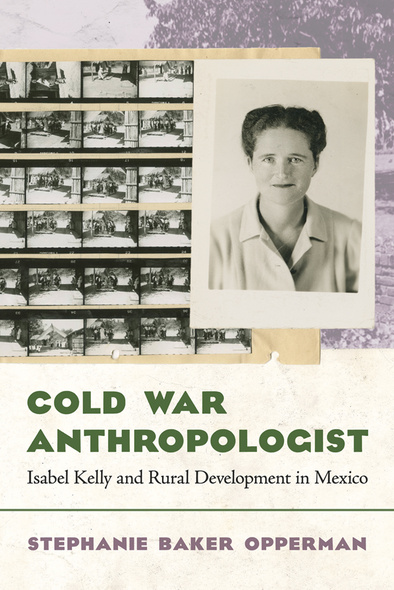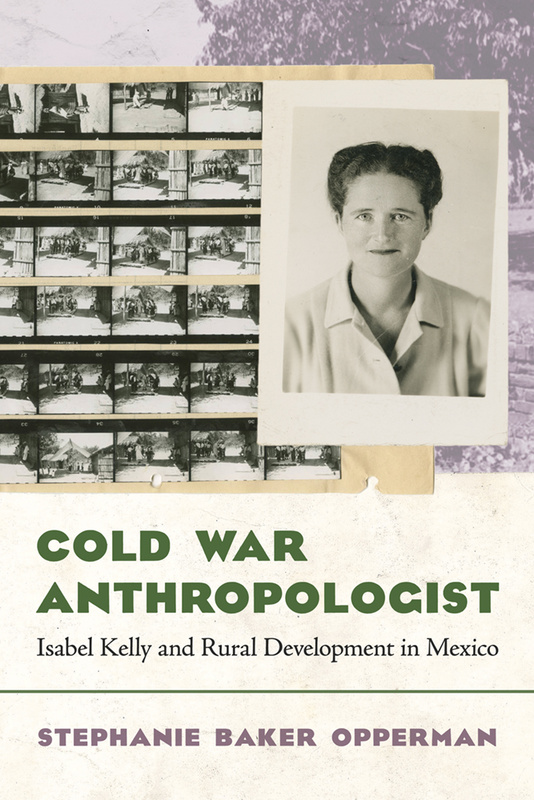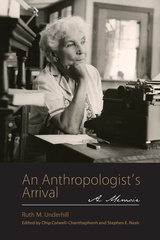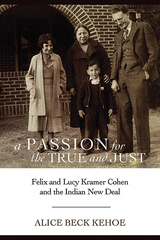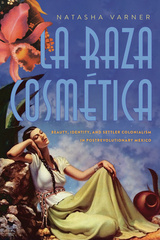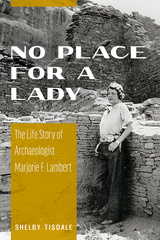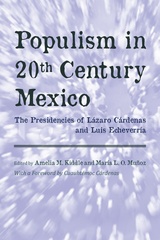Our shopping cart is currently down. To place an order, please contact our distributor, UTP Distribution, directly at utpbooks@utpress.utoronto.ca.
Cold War Anthropologist
Isabel Kelly and Rural Development in Mexico
The University of Arizona Press
As an archaeologist, anthropologist, scholar, educator, and program evaluator for the U.S. State Department during the early Cold War era, Dr. Isabel T. Kelly’s (1906–1983) career presents a distinctive vantage point on the evolving landscape of U.S. foreign policy, Mexican rural welfare initiatives, and the discipline of anthropology. Her trajectory illuminates a shift toward pragmatic, culturally sensitive approaches in technical assistance programs for Mexico’s rural areas, departing from traditional U.S.-centric developmental paradigms.
Kelly’s transition from a prominent archaeologist to a key figure in applied anthropology is meticulously chronicled, unveiling her pivotal role in shaping rural development strategies in Mexico amidst the geopolitical context of the Cold War. Through an extensive examination of her correspondence, archival material, and scholarly output, Kelly’s evolving viewpoints offer profound insights into the intricate dynamics of U.S.-Mexico relations and the challenges encountered by female academics during this era.
Organized chronologically, each chapter of this work delves into distinct facets of Kelly’s international journey, with a particular emphasis on her involvement in cooperative programs aimed at fostering diplomatic relations with Mexico. Through this narrative framework, readers are immersed in a compelling exploration of Kelly’s enduring impact on both the field of anthropology and the realm of international diplomacy.
This book is indispensable for historians, anthropologists, and individuals intrigued by the nuanced complexities of Cold War politics, presenting pioneering research at the intersection of history and anthropology. Opperman skillfully brings to light the previously untold narratives of Isabel Kelly, unveiling her influence on mid-twentieth-century Mexico.
Kelly’s transition from a prominent archaeologist to a key figure in applied anthropology is meticulously chronicled, unveiling her pivotal role in shaping rural development strategies in Mexico amidst the geopolitical context of the Cold War. Through an extensive examination of her correspondence, archival material, and scholarly output, Kelly’s evolving viewpoints offer profound insights into the intricate dynamics of U.S.-Mexico relations and the challenges encountered by female academics during this era.
Organized chronologically, each chapter of this work delves into distinct facets of Kelly’s international journey, with a particular emphasis on her involvement in cooperative programs aimed at fostering diplomatic relations with Mexico. Through this narrative framework, readers are immersed in a compelling exploration of Kelly’s enduring impact on both the field of anthropology and the realm of international diplomacy.
This book is indispensable for historians, anthropologists, and individuals intrigued by the nuanced complexities of Cold War politics, presenting pioneering research at the intersection of history and anthropology. Opperman skillfully brings to light the previously untold narratives of Isabel Kelly, unveiling her influence on mid-twentieth-century Mexico.
Opperman provides an insightful analysis of the work of one of the pioneers of applied anthropology, Isabel Kelly. Part biography and part history of anthropology, Opperman shows how U.S. Cold War objectives interacted on the ground with Mexican development priorities. This excellent study of the transnational evolution of anthropological practice is significant because of the way Opperman uses the lens of gender to understand Kelly’s experience and her perspective on the projects in which she participated.’—Amelia Kiddle, author of Mexican Relations with Latin America during the Cárdenas Era
‘Drawing on new archival sources, this fascinating study will appeal to students and scholars interested in the gendered experiences of women anthropologists in the mid-twentieth century, the emergence of medical anthropology, the everyday practices and shifting policy terrain of both Mexican and U.S. development programs, the tensions and alliances among researchers from Mexico and the United States, research institution building in both countries, and much more.’—A. Kim Clark, author of Gender, State, and Medicine in Highland Ecuador: Modernizing Women, Modernizing the State, 1895-1950
Stephanie Baker Opperman is a professor of Latin American history at Georgia College. Her work has been published in the Journal of Women’s History, Bulletin of Latin American Research, the Latin Americanist, and Endeavour.

